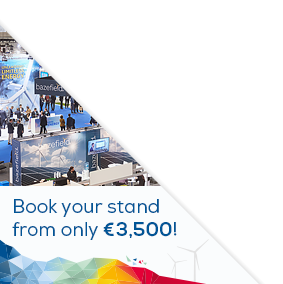Posters
Siblings:
SpeakersPostersPresenters’ dashboardProgramme committeeSee the list of poster presenters at the Technology Workshop 2025 – and check out their work!
For more details on each poster, click on the poster titles to read the abstract.

PO037: Integration of satellite and in-situ observations using AI for offshore renewable energy resource assessment
Giacomo Grandi, Data Scientist, MESPAC
Abstract
Accurate and comprehensive metocean data are essential for the effective planning, design, and operation of offshore renewable energy systems as the offshore wind energy farms. While in-situ measurements are valued for their precision, they are constrained by limited spatial and temporal coverage. Numerical models, although widely used, often struggle to capture the complex dynamics of offshore environments with the required resolution. Satellite observations, by contrast, offer extensive spatial coverage but are limited by temporal constraints and the challenge of accurately representing local conditions when used in isolation. This study presents an AI-based algorithm developed to address these challenges by integrating satellite-derived data with in-situ observations. Using advanced machine learning techniques, the algorithm combines the strengths of both data sources to reconstruct historical metocean conditions and fill critical gaps in existing datasets. The focus is on key parameters such as wind speed and significant wave height, which are estimated with improved reliability and accuracy. This approach reduces reliance on traditional numerical models, offering a more efficient and precise alternative. The algorithm was tested using real-world in-situ datasets, demonstrating its effectiveness in generating consistent and robust outputs. Its ability to integrate diverse data sources enables a more comprehensive characterization of offshore conditions, even in regions where data availability is sparse or irregular. Furthermore, the method is computationally efficient, making it suitable for practical applications in offshore energy planning and development. Results indicate that this integrated approach can significantly enhance the availability and quality of metocean data, providing better support for critical decisions related to site selection, design optimization, and operational strategies. The methodology also reduces and quantifies uncertainties, which are often a key source of risk in offshore projects. This study outlines a framework for leveraging the strengths of satellite and in-situ observations through AI-driven data integration. The proposed method offers a scalable and adaptable solution to improve metocean data quality for offshore wind energy systems. Future work could expand on this approach by exploring hybrid models that combine machine learning, statistical tools, and numerical methods, further advancing resource assessment capabilities and addressing persistent challenges in offshore data acquisition.








